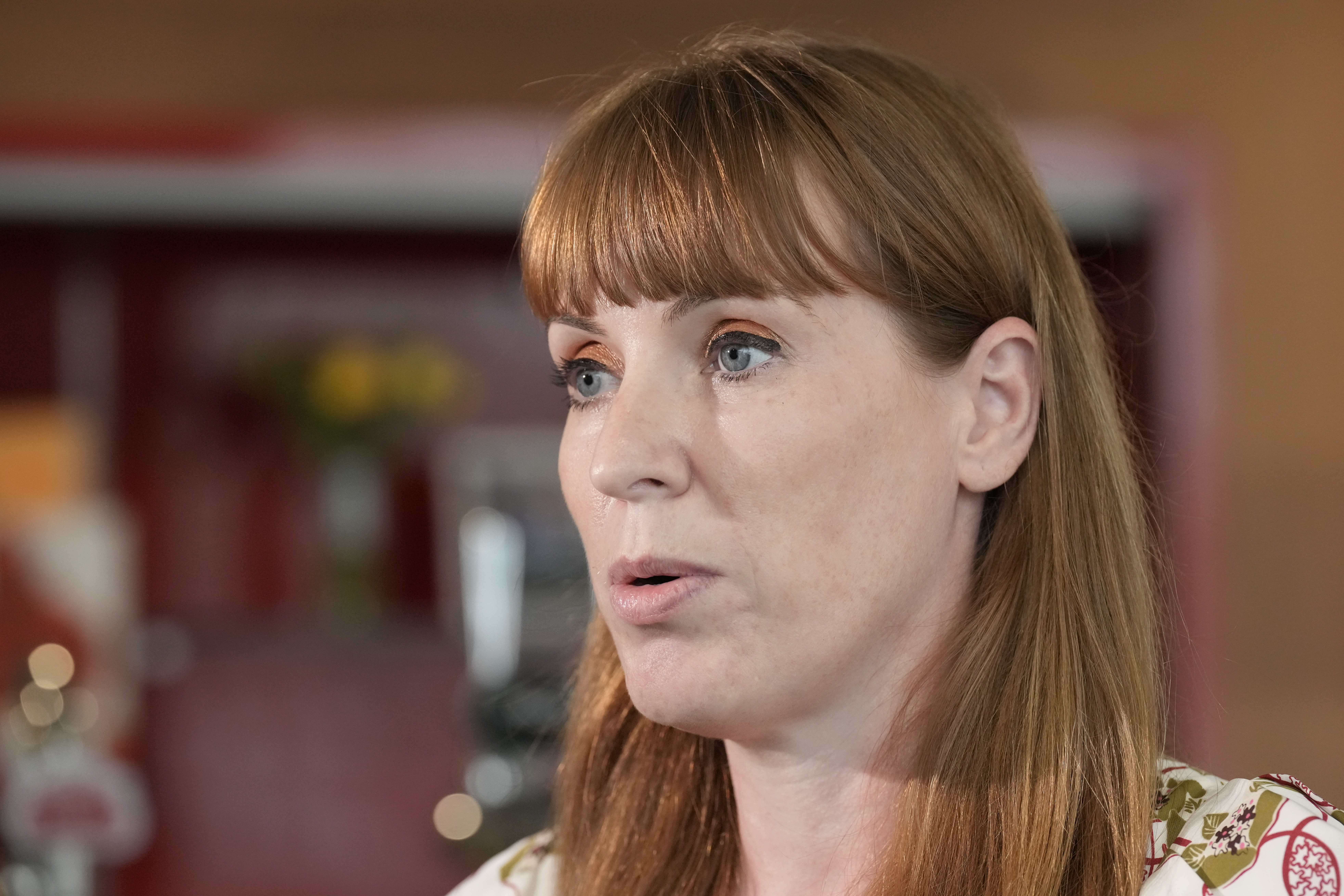
Building owners who fail to remove dangerous cladding have been warned they could face jail, as ministers were urged to act quickly to prevent “another Grenfell”.
The Government acknowledged there could be up to 7,000 buildings with dangerous materials that have not yet been identified, while progress on remediation work on high-rises with known issues has been too slow.
The Remediation Acceleration Plan means that, by the end of 2029, all buildings over 59ft (18m) tall with unsafe cladding that are on a Government scheme will have been remediated.
📢 @UKLabour has announced its Cladding Remediation Acceleration Plan.
— End Our Cladding Scandal (@EOCS_Official) December 2, 2024
The "plan" looks extremely disappointing. Innocent leaseholders and residents across the country need and deserve much more.
Our statement 👇🏼#EndOurCladdingScandal pic.twitter.com/l2LwNA7lNf
By then, buildings over 36ft (11m) tall with unsafe cladding will either have been remediated or have a date for completion, with landlords liable for tough penalties if they fail to comply.
Building safety minister Alex Norris told Sky News: “I would want people who own buildings that are watching this, who have not been remediating them, to know we are on them, we are after them, and we want those buildings remediated. And if they don’t, they will feel the force of the law.
“We have a range of powers already, ranging from fines to prison sentences, that can be used in health and safety cases.
“We will use that basket of tools in whatever way with each building to get it resolved. We have committed that that will be the case by the end of this decade.”
Mr Norris acknowledged there are an estimated 4,000-7,000 buildings with flammable cladding that have not yet been identified, more than seven years after the Grenfell Tower disaster, which killed 72 people.

On Monday evening, MPs used a House of Commons debate on the Grenfell Tower Inquiry to urge the Government to press on with action.
Conservative MP Sir Bernard Jenkin (Harwich and North Essex) argued that a building safety investigation body should be set up to address systematic failures.
He added: “I regret to have to warn the House if we do not get this right, if we do not finish working on what the inquiry has presented to us and fill in the gaps, there will one day be another Grenfell, just as Grenfell was a repeat of earlier safety failures.”
Labour MP Joe Powell, whose Kensington and Bayswater constituency includes Grenfell Tower, said justice will “only truly be served when there are criminal prosecutions”.
He said: “The path to justice is long and we are far from the end. In recent meetings with the courts minister and the Metropolitan Police, I’ve been clear that our community is watching and waiting, and I urge all involved to remain focused on expediting the process as much as possible.”
Campaigners labelled the Government’s plans as “extremely disappointing” proposals that will “only make a horribly complicated process worse”.
The inquiry into the 2017 Grenfell Tower blaze found that victims, bereaved and survivors were “badly failed”.
We are still far from a comprehensive solution that will bring about the change innocent leaseholders and residents across the country need and deserve to see
The west London tower block was covered in combustible products because of the “systematic dishonesty” of firms that made and sold the cladding and insulation, inquiry chairman Sir Martin Moore-Bick said in September’s report.
End Our Cladding Scandal, a group representing leaseholders affected by unsafe buildings, said they are “still far from a comprehensive solution” on building safety.
The group said in a statement: “Labour’s Remediation Acceleration Plan is extremely disappointing. These proposals will only make a horribly complicated process worse with further layers of bureaucracy.
“The Government may be patting itself on the back by announcing a target date for all high-rise buildings in government-funded schemes to have been remediated; however, the Building Safety Fund first opened for registrations in June 2020, so a target date of nine years from then is underwhelming.”
The group added: “We are still far from a comprehensive solution that will bring about the change innocent leaseholders and residents across the country need and deserve to see.
“There is still far too much uncertainty. Severe penalties will be meaningless without leaseholders and residents knowing for sure when homes will be made fully safe. This ‘plan’ will do little to change that.”
And councils said extra cash could be needed to carry out the work on local government-owned blocks.
The pace of remediation has been far too slow for far too long. We are taking decisive action to right this wrong and make homes safe
Cllr Heather Kidd, chairwoman of the Local Government Association’s safer and stronger communities board, said: “Councils are committed to keeping tenants and residents safe, and are keen to work with Government to drive the pace of remediation.
“However, for local government to carry out enforcement and addressing cladding issues as effectively and quickly as possible, multi-year funding arrangements are needed.”
Deputy Prime Minister Angela Rayner said: “The pace of remediation has been far too slow for far too long. We are taking decisive action to right this wrong and make homes safe.”







